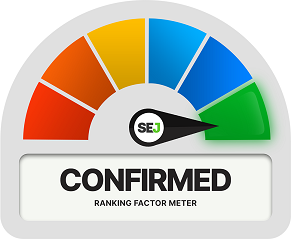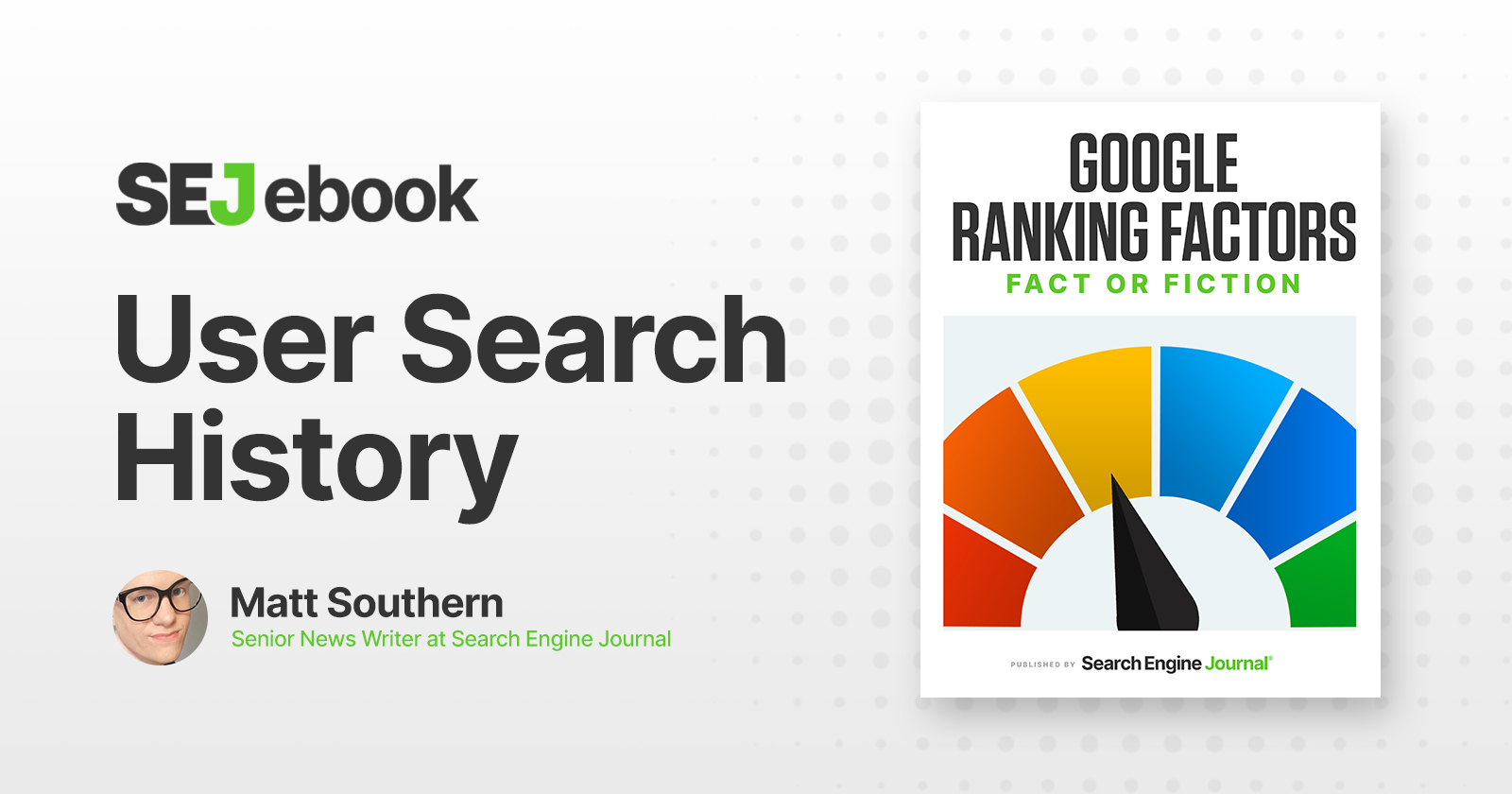The search results a person sees today may be influenced by things they looked up in Google weeks, months, or even years ago.
A user’s past is said to follow them around on Google, with the data being used by search algorithms to serve personalized results.
If that’s true, it means users are likely not seeing identical SERPs for the same query, as ranking positions for URLs could vary from one person’s search to another’s.
This chapter will investigate the claims around user search history as a ranking factor, and provide clarity around the extent to which it impacts results.
The Claim: User Search History Is A Ranking Factor
When a user is logged into their Google account, search results are said to be personalized based on their search history.
Google collects the web and app activity of all logged-in users.
You can opt-out of data collection, but it’s turned on by default.
The data is collected to better understand a person’s interests so Google can offer more tailored experiences (e.g., search results, advertising).
There are varying claims regarding the degree of search result personalization.
For the most part, user search history is thought to have a mild impact on results.
Google’s critics, however, suggest otherwise.
DuckDuckGo claims the personalization is so strong that it creates a “filter bubble,” limiting users’ exposure to new sources, ideas, and viewpoints.
DuckDuckGo has accused Google of employing extreme levels of personalization, saying two users could search for the same thing at the same time and get vastly different results.
Is user search history as great a ranking factor as Google’s critics claim?
Here’s what the evidence says.
The Evidence for User Search History As A Ranking Factor
User search history has been a Google ranking factor from as far back as 2007 when the company confirmed the update in an announcement:
“We’re constantly trying to improve the quality of your search results. One of the ways we’re tackling this is by personalizing your search experience.
After all, you’re the only one who actually knows what you’re really looking for.”
Google continues to personalize search results to this day, though the company vehemently denies DuckDuckGo’s claims that the effect is so strong it creates a filter bubble.
In fact, search results aren’t always personalized.
And when they are, the impact is light and not drastically different from person to person, according to Danny Sullivan, Google’s Search Liaison.
“Personalization doesn’t happen often & generally doesn’t dramatically change search results from one person to another. It is usually so lightly applied that the results are very similar to what someone would see without personalization.”
User Search History As A Ranking Factor: Our Verdict

Based on Google’s statements, we conclude that user search history is a ranking factor with light impact.
It’s easy to test how lightly personalization is applied.
Simply conduct a search in a fresh Incognito window and there will be no account-based activity used to serve the results.
Then compare those results to a SERP from a logged-in search.
Anyone who wants to opt-out of personalization using account-based activity can do so from the Web & App Activity settings in their Google account.
Featured Image: Robin Biong/Search Engine Journal


